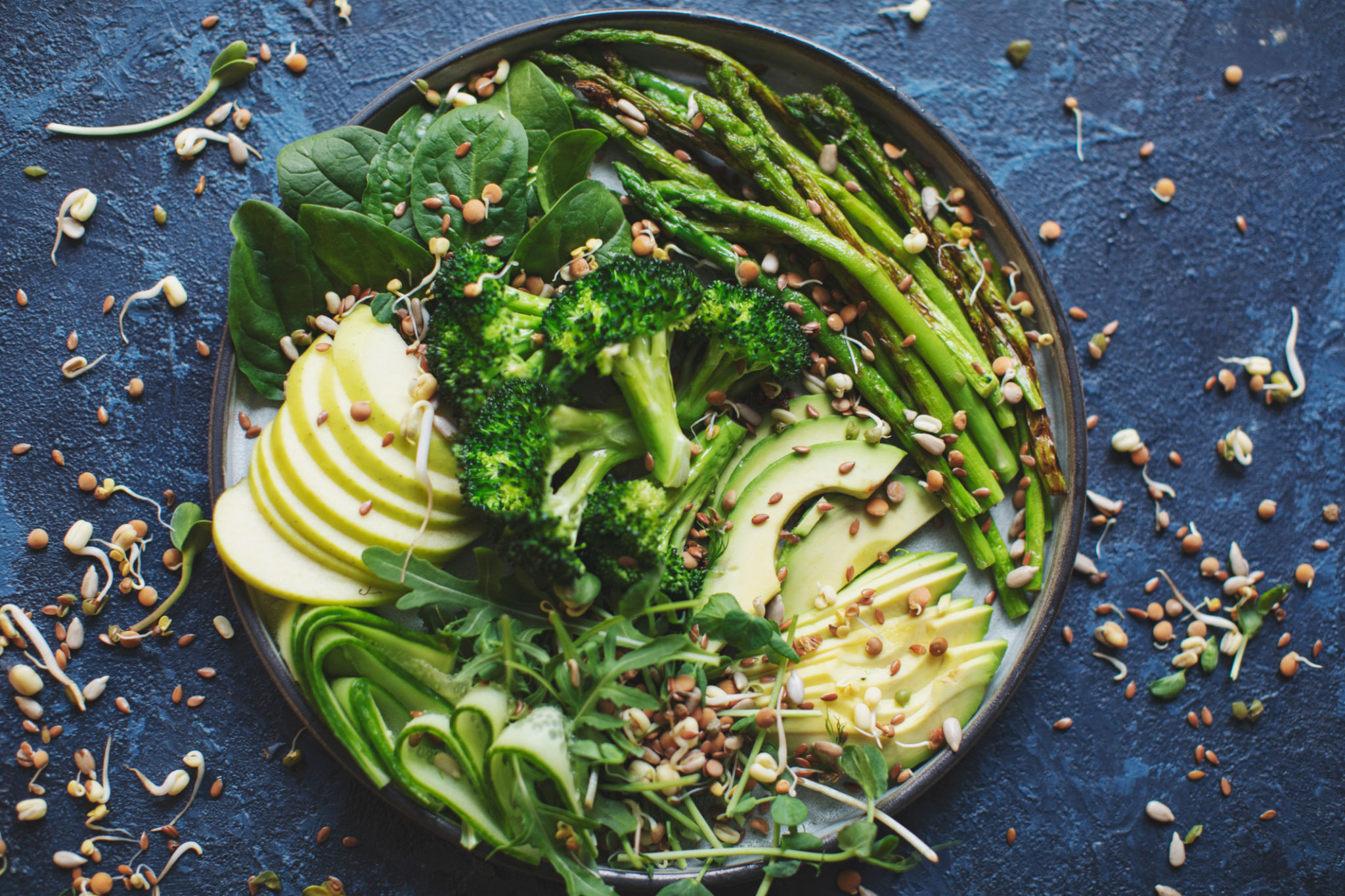What to Eat During Your Lunch Break to Prevent Burnout: Fueling Your Day the Right Way
In today’s fast-paced work culture, it’s easy to get overwhelmed, stressed, and eventually burned out. But what if we told you that one of the easiest ways to fight off burnout is right under your nose—or more accurately, right on your lunch plate? Yes, your diet plays a crucial role in maintaining your energy levels and mental clarity throughout the day, especially when considering Employee Wellness in London. Here’s a guide to what you should be eating during your lunch break and the magic number of cups of tea you should be drinking to avoid that dreaded burnout.
Don't Skip Your Lunch—It’s Your Midday Recharge
First things first: Never skip lunch. It might seem tempting to power through or grab a snack, but depriving your body of nutrients for a long period can lead to a crash later in the afternoon. This will sap your energy, cause irritability, and lower your focus. Make your lunch break a sacred ritual to nourish your body and mind, and remember, Stress Management at Work starts with the right food choices.
Avoid the Afternoon Slump: The Right Mix of Carbs, Protein, and Healthy Fats
The key to preventing burnout is eating a balanced meal that stabilizes your blood sugar levels. If you load up on simple carbs like white bread or sugary snacks, you’ll get an energy boost followed by a sharp drop that can lead to fatigue.
Instead, opt for a combination of complex carbohydrates, lean proteins, and healthy fats. Here are some examples of a well-rounded lunch:
Grilled chicken or tofu with quinoa and roasted vegetables
A whole grain wrap filled with hummus, leafy greens, avocado, and turkey or chickpeas
A salad with leafy greens, beans, olive oil, and a protein of your choice (chicken, tuna, or chickpeas)
These nutrient-dense meals provide long-lasting energy and stabilize your blood sugar throughout the afternoon, keeping that burnout at bay. This is a key element in any Workplace Health strategy.
Avoid Heavy, Greasy Meals: They Will Weigh You Down
While comfort foods might seem tempting for a quick fix, heavy meals can actually hinder your productivity. Foods that are high in saturated fats or heavy on grease can cause sluggishness and brain fog, making it harder to focus. Instead, opt for lighter, more nourishing meals that support your focus and energy.
How Much Tea Is Too Much?

Ah, tea. The British workplace staple. But how much is too much when it comes to your tea consumption? Most people reach for tea as their go-to beverage, but if you’re drinking too many cups, it can affect your hydration and lead to jitters or difficulty sleeping at night.
The ideal amount of tea is generally about 3-4 cups per day. This will give you a caffeine boost but prevent the negative side effects of too much caffeine (like restlessness or dehydration). If you’re sensitive to caffeine, consider switching to herbal teas, such as chamomile or peppermint, which can soothe the digestive system and help you unwind.
One thing to note: make sure you’re drinking enough water as well. The rule of thumb is to drink a glass of water before you even have your first cup of tea in the morning and continue sipping throughout the day. Keep your hydration balanced to support mental clarity and overall well-being.
Snack Smart for Sustained Energy
If you’re feeling peckish between lunch and dinner, try snacking on foods that are high in fiber and protein. A small handful of nuts, a piece of fruit, or some whole-grain crackers with cheese can help keep you from crashing. These snacks provide steady energy without causing a sugar spike or crash.
Don’t Forget the Veggies: Fiber for Mental Clarity
Vegetables, particularly leafy greens, are rich in vitamins and minerals that support brain health. They contain antioxidants that help reduce inflammation in the brain, which has been linked to cognitive decline and mental fatigue. So, include as many veggies as possible in your meals—especially those rich in fiber like spinach, kale, and broccoli.
Consider Omega-3 Fatty Acids for Mental Well-Being
Incorporating omega-3 fatty acids into your diet is another way to ward off burnout. These healthy fats, found in fatty fish like salmon or flaxseeds, play a critical role in brain health, reducing stress and promoting cognitive function. They are essential for mental clarity and emotional regulation, making them a powerful addition to any meal.
Don’t Forget About B-Vitamins for Stress Management
B-vitamins are often referred to as the "stress vitamins" because they help regulate your body's stress-response system. These vitamins are found in foods like eggs, leafy greens, legumes, and whole grains. Incorporating more of these foods into your lunch will help you manage stress and avoid burnout.
Eat to Energize, Not to Overload

To prevent burnout and stay productive, your diet should include a variety of nutrient-dense foods that keep your energy stable and your mind sharp. Focus on a balance of protein, complex carbs, healthy fats, and hydration. Pay attention to how your body reacts to different foods, and make lunch breaks a non-negotiable part of your day to recharge. A well-fed body is a productive one, which is at the core of any Workplace Health plan.
So, next time you're sitting down for your lunch, remember: you’re not just fueling your body for the afternoon—you’re also fueling your mind for a productive, stress-free day ahead.
